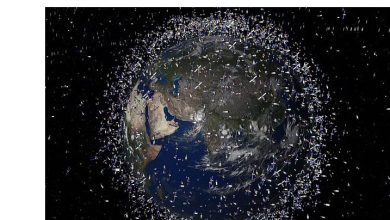robot: This robot handles household tasks easily

The idea of a robot that can handle household chores has indeed been a longstanding and popular concept in science fiction, from Rosie the Robot Maid in ‘The Jetsons’ to various depictions in movies and literature. The appeal of such a concept is rooted in the desire for increased convenience, efficiency, and time savings in our increasingly busy lives. At least people living an urban lifestyle with no time for other work than the office do want a robotic assistant that can take care of mundane tasks like cleaning, cooking, and laundry. Advancements in robotics and artificial intelligence (AI) have indeed brought us closer to realising this dream.
Scientists have created a new open-source system called Dobb-E that can teach a robot how to carry out routine household chores. Real-world home data was used to train Dobb-E.
According to the MIT Technology Review, a team of researchers from New York University came up with a simple, easily replicable way to collect the data needed to train Dobb-E using an iPhone attached to a reacher-grabber stick, the kind typically used to pick up trash. Then they set up the iPhone to record videos of what was happening.
In 22 New York homes, volunteers used a stick to perform tasks like opening doors, turning lights on, and more. iPhones with lidar, motion sensors, and gyroscopes recorded crucial data for training robots. The NYU research team has open-sourced the project, encouraging collaboration to enhance Dobb-E’s capabilities.
“Our hope is that when we get more and more data, at some point when Dobb-E sees a new home, you don’t have to show it more examples,” says Lerrel Pinto, a computer science researcher at New York University who worked on the project.
We want to get to the point where we don’t have to teach the robot new tasks because it already knows all the tasks in most houses,” he said.
“The robot and the Stick system are collectively called Dobb-E-a reference to Dobby the free-house elf from the Harry Potter franchise-both “because the system is doing household chores and also because we are trying to set it ‘free and open source'”, Mahi Shafiullah, one of the researchers, told New Scientist.




